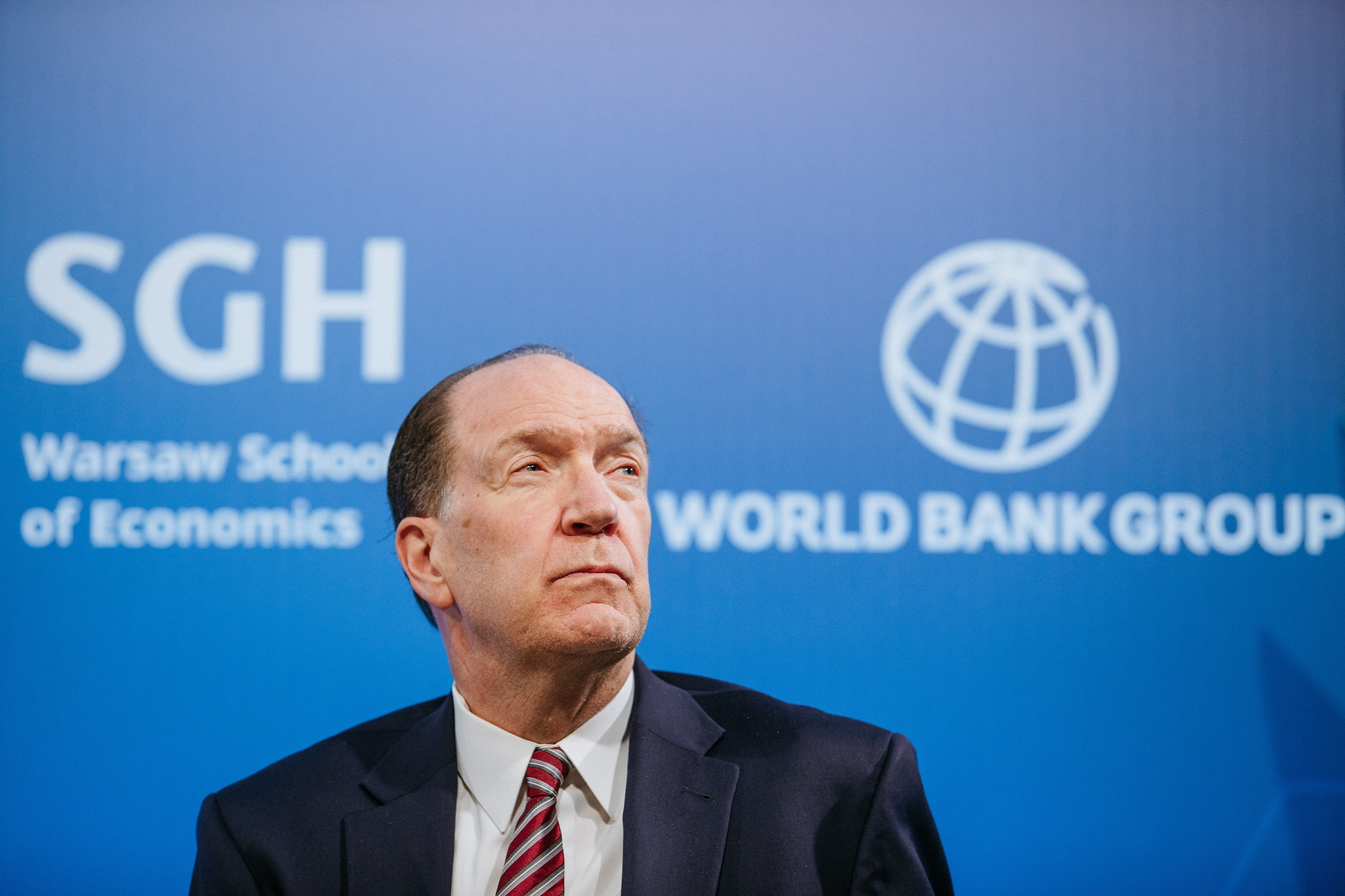All the reasons for Malpass’s resignation from the World Bank

Climate skeptic, critic of multilateralism and more: who was David Malpass, the outgoing president of the World Bank. Le Monde article
The World Bank will soon have new leadership. Its chairman, David Malpass , announced on Wednesday February 15 that he would resign by June 30, almost a year before the end of his five-year mandate, without giving a precise reason. Appointed by former US President Donald Trump in April 2019, the 66-year-old American has come under fire for his lack of interest in tackling climate change.
It was also under pressure from shareholder countries to reform the world's largest multilateral development bank. Just six days before announcing her resignation on Thursday, February 9, US Treasury Secretary Janet Yellen called on the Washington-based institution to "quickly" release resources to help developing countries address crises, especially health crises and climate change.
As the need for financing to adapt to global warming increases and many rich countries emerge debt-free from the Covid-19 crisis, several World Bank shareholders want the institution to strengthen its financing capacity by leveraging the private sector. A report, commissioned by the G20 countries and released in October 2022, proposed several avenues for reform.
“No clear vision” of the development-climate nexus
One of these was to increase the amount of "callable capital" by shareholder countries, i.e. capital available in case of need but not mobilized, which allows the Bank to raise more funds on the markets without risking having its ratings from rating agencies. Another recommendation was to sell some loans to the private sector, to lighten the Bank's balance sheet and give it more leeway in financing.
“But the World Bank was reluctant to undertake some of these reforms,” says Clemence Landers, a researcher at the Center for Global Development, a Washington-based think tank. Above all, David Malpass has had a hard time convincing people of the sincerity of his fight against climate change.
Asked three times about the role of fossil fuels in global warming during a roundtable discussion organized by the New York Times in October 2022, Donald Trump's former undersecretary of the Treasury for international affairs refused to take a position, replying that he did not be “a scientist”.
Though he later denied being a "climate skeptic" and pointed to $31.7 billion (€29.6 billion) in climate finance in 2022, or 36 percent of the institution's loans, NGOs accused him of continuing to finance projects that use natural gas. “He failed to formulate a clear vision of the World Bank's role in development and in the fight against climate change, and above all to articulate the two themes without pitting them against each other,” says Clemence Landers.
Thinly veiled criticisms of Chinese loans
David Malpass has made debt transparency a key issue, given that nearly half of poor countries are at risk of default and their loan restructuring negotiations are long and difficult. But his words were also seen as a thinly veiled criticism of the numerous loans granted by Beijing to poor countries, particularly in the context of the "new silk roads", under sometimes abstruse conditions, with the risk of locking the institution in the ground of geopolitical rivalry.
In an increasingly geopolitically fragmented world, Malpass was probably not the best advocate of international cooperation. “Multilateralism has gone too far, to the point of harming the United States and the global economy,” he told a conference of the Council on Foreign Relations think tank in late 2017 when he was still an undersecretary of the Treasury. He also expressed concern about "the expansion of multilateral structures, which are becoming increasingly intrusive".
Behind Malpass's resignation there is also the question of the role of the World Bank in a world where crises have never been so numerous. The institution must both respond to the immediate crises of the war in Ukraine and Covid-19, and prepare poor and emerging countries for the long-term climate transition.
Malpass said he is leaving a group that is "fundamentally sound, financially sound and well positioned to scale up its development impact in the face of urgent global crises." The United States will propose a new candidate to replace him. An unwritten rule assigns the leadership of the World Bank to an American and of the International Monetary Fund to a European.
(Excerpt from the press release of eprcommunication)
This is a machine translation from Italian language of a post published on Start Magazine at the URL https://www.startmag.it/economia/david-malpass-dimissioni-banca-mondiale/ on Sat, 18 Feb 2023 06:40:07 +0000.
